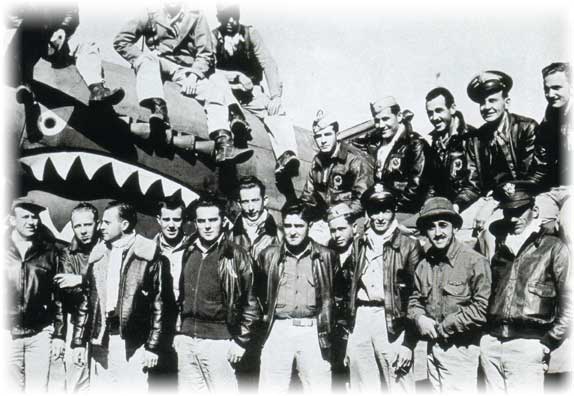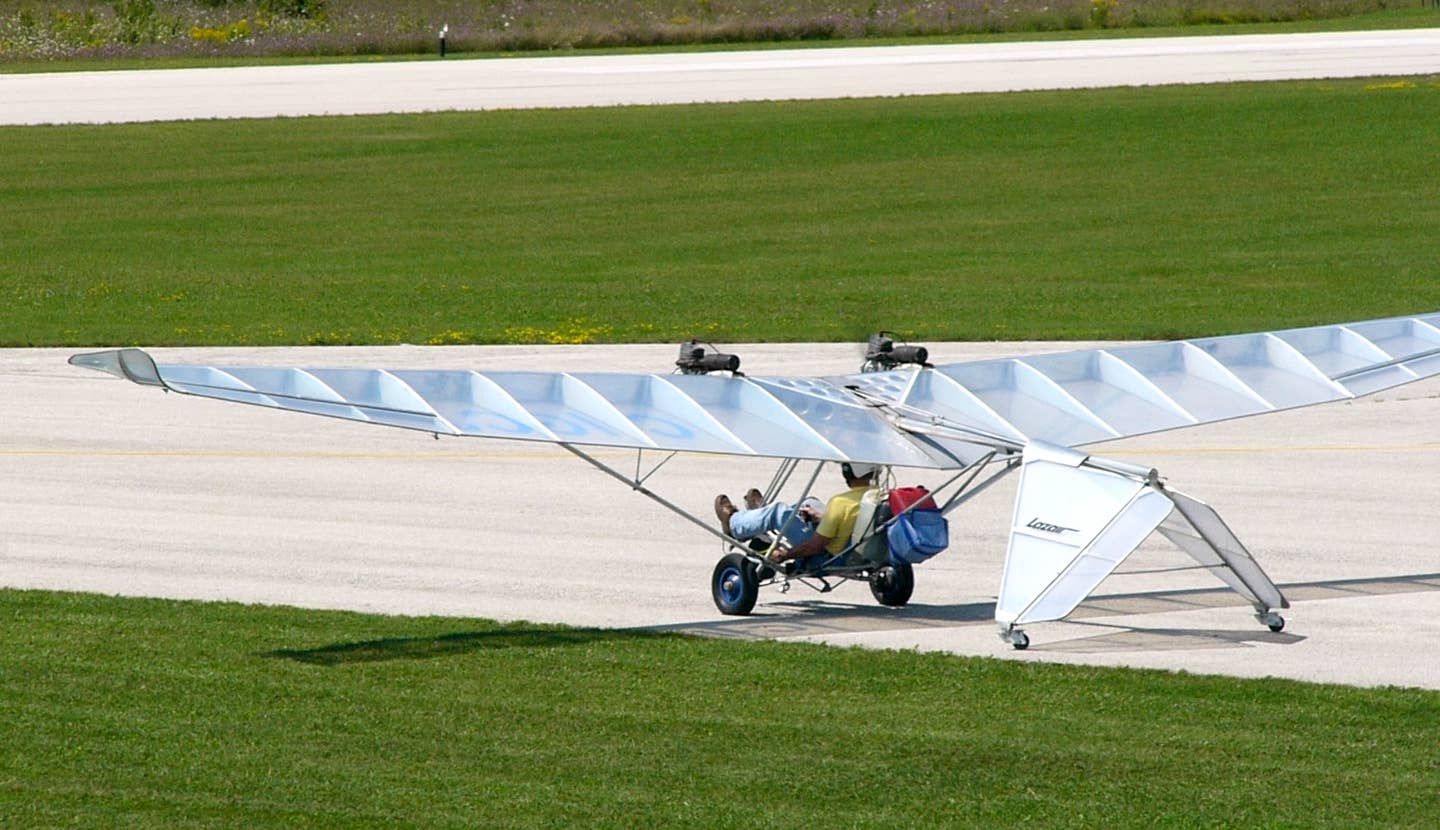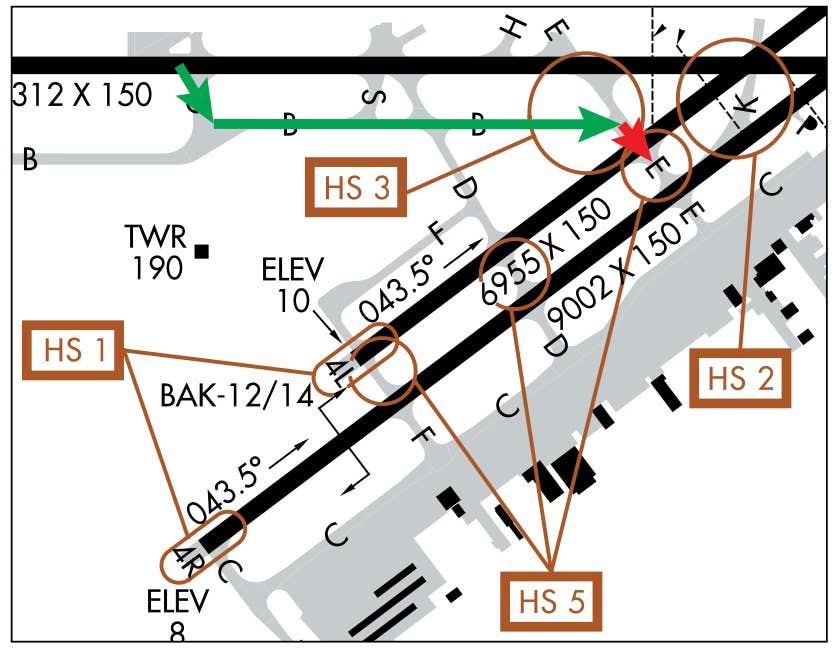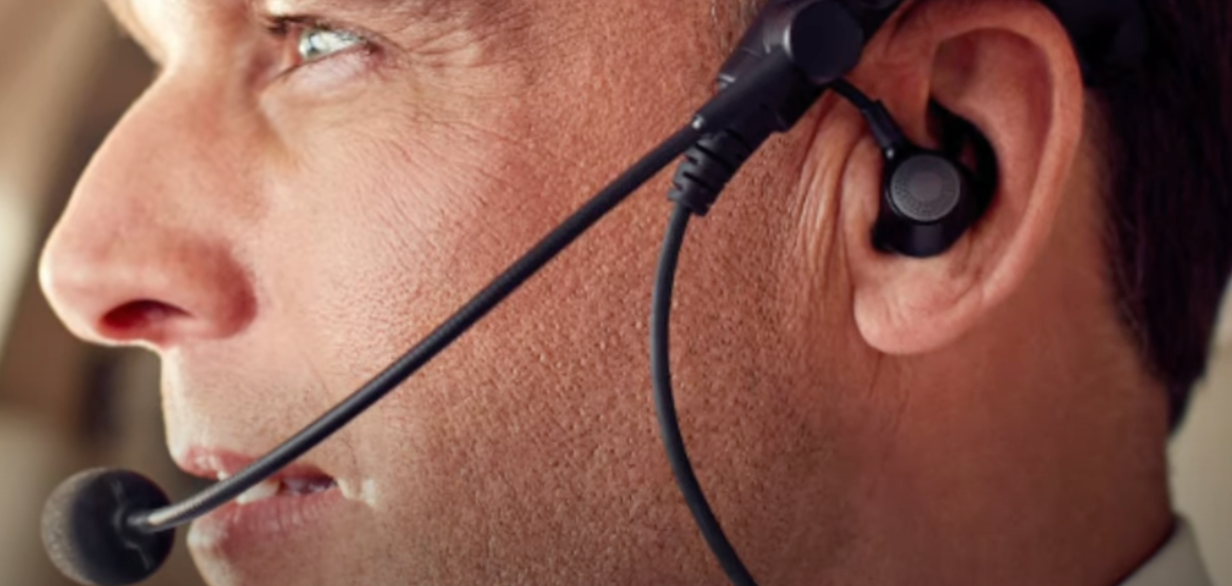Eye of Experience #60:The Natural Pilot
We’ve all heard about or even met someone called a “natural pilot.” But is any part of flying natural? The person to ask would be someone who has seen a lot of students come and try to learn – and AVweb’s Howard Fried would definitely be such a person.
 Not long ago an AWweb reader wrote explaining that, as long as he has been flying, he keeps hearing about "natural pilots," sort of Supermen of the air, who can do absolutely fantastic things with an airplane. My correspondent, Rick Grant, wrote, "From the day I started flight training in 1965 through today, during military, arctic, and recreational flying, I have heard about one in a thousand pilots who was a "natural" or "born" to the sky. Instructors are said to instantly identify the naturals from their first hours of training. Casual pilot observers are said to pick them out of the sky just by the way they turn final."
Not long ago an AWweb reader wrote explaining that, as long as he has been flying, he keeps hearing about "natural pilots," sort of Supermen of the air, who can do absolutely fantastic things with an airplane. My correspondent, Rick Grant, wrote, "From the day I started flight training in 1965 through today, during military, arctic, and recreational flying, I have heard about one in a thousand pilots who was a "natural" or "born" to the sky. Instructors are said to instantly identify the naturals from their first hours of training. Casual pilot observers are said to pick them out of the sky just by the way they turn final."
Yes, Mr. Grant, as an instructor I have seen students who from the very start demonstrated a smooth, light touch on the controls, who could manipulate the airplane smoothly from the very get-go, and had to be shown something only once, and then they got it right the first time as compared to the average klutz who has to be shown each maneuver again and again until he finally gets it right. It is also certainly true that these particularly apt students are indeed a rarity. The expression "one in a thousand" is probably not far off.
Rick Grant goes on to say, "Richard Bach, before he went into other dimensions, used to write magazine articles, and indeed portions of his books, about the mystical qualities that the natural pilot has.
"My question is: With your long experience as an instructor and examiner, can you say whether there is such a thing as a born pilot, and if so, could you consider writing a column about them?"
I replied by stating that his question is one that has intrigued me for many years, and the best answer I can offer is yes and no, sort of, maybe, perhaps. Obviously that's not much of an answer to Mr. Grant's question, but it is the best I could offer. I went on to say that, just prior to receiving his letter, I had been reflecting about two of the instructors who used to work at my flight school, one of whom is still there and still teaching. One of them is the very best flight instructor I have ever known but he is a "mechanical" pilot who flys "by the numbers," while the other is a far smoother pilot who simply flows with the airplane, but is just an average good teacher.
Talent
 | |
Just as some people are naturally musical (I can't carry a tune in a bushel basket with a lid on it), and others are talented artistically (I can't draw a straight line, even with a ruler), others are well-coordinated and have a keen sense of timing. During World War II, when the government had thousands ofAviation Cadets to use as guinea pigs, it was discovered that working cowboys made good candidates for pilot training. It is believed this is because they were used to neck-reining a horse with a gentle touch, and working cattle requires good coordination and timing. To cut a steer from a herd requires smooth teamwork between rider and horse.
Personally, I have a good sense of timing and am reasonably well-coordinated. In my youth I was a championship fencer (one-time National Champion), and that sport, more than any other of which I know, requires coordination of hand, foot, and eye. Did this make me a good pilot? I doubt it. I'm just an average pilot. I get into the airplane, take off, point it in the direction of my intended destination, blunder around the sky for a while, and if I'm lucky I arrive safely. I started out as a student being fairly jerky on the controls, but with each passing thousand hours of experience I have become much smoother. In other words, I have no natural talent for flying. I guess I'm some kind of insensitive clod. It took me years and thousands of hours in the air before I developed a really sensitive ass. Now I immediately know if the airplane is a single degree off level. Most pilots today slip around the sky and, without checking the ball, they don't even know it.
As an instructor, I have seen everything from the nearly hopeless student (119 hours to solo), to the apt student who gets everything right the first time. Is the latter a natural? I really don't know. I have had the rare privilege of sitting in the right seat of an airplane with an experienced pilot at the controls, and have been amazed at the fantastic skill he displayed. This kind of pilot straps on an airplane and it starts to breathe with him! He has a touch so light that the controls don't seem to move at all, yet his mastery of the machine is flawless. Is he a natural? Perhaps, but this same individual is not particularly well-coordinated in other activities. However, the fact that one is a "Superman of the air," flying with consummate smoothness and skill, does not necessarily mean that he has impeccable judgment. The smoothest pilot with whom I was ever privileged to fly died in an airplane. He was attempting to take off in a Beech 18 with an improperly secured load of steel when the cargo shifted past the rearmost limits of the center of gravity, causing the airplane to stall and crash into a hill off the end of the runway.
R.A. (Bob) Hoover and Energy Management
 | |
Is Bob Hoover a natural? I don't know. But I do know his knowledge of, and skill at, energy management is nothing short of phenomenal. Multiengine instructors teach and preach about the danger of turning into (toward) a dead engine while the other one is turning, yet Hoover not only turns into a feathered engine with his Rockwell Commander, he even rolls the airplane around the feathered engine! How does he do this? Simply by carefully managing the energy of the fast-moving airplane. He balances the power, that's how. By reducing the power on the working engine to equal that of the feathered engine (zero thrust), there is no difference in the thrust generated by either one. There's no trick to it. It is simply a matter of energy management. Revealing this is in no way meant to take anything away from the extreme precision with which the man flys. His airshow performances are a joy to watch. Is he a natural? Maybe, but I'm sure his spectacular airshow performance is the result of hard work and countless hours of practice as well as natural skill and ability.
Everything Bob Hoover does is based on his total knowledge and precise utilization of energy management, including the way, with both engines feathered, he lands and rolls to a stop in front of the grandstand. This doesn't just happen, nor does it happen by chance. It is the result of knowing just how much energy is stored in the speed of the airplane and how to use this excess energy to best advantage. There is an entry speed for every aerobatic maneuver, and it doesn't matter whether or not one has power available, that's the speed for whichever maneuver the pilot intends to perform. So whether or not you have power available, you dive until that number comes up on the airspeed indicator, then perform the maneuver, using the energy stored by the dive.
The Klutz
At the other extreme is, of course, the natural klutz who just can't seem to do anything right. One of the most difficult things for a student pilot to learn early in training is how to manipulate the airplane around on the ground. They are sitting in a machine with a steering wheel that steers nothing, and looking at a strange bunch of clocks, only one of which tells the time (and it's probably wrong). Meanwhile the machine has these huge protuberances sticking out on the sides looking for something to bump into, and all the while some idiot is jabbering away on the radio in a language that sounds almost like English but isn't quite the same. We even had one we dubbed the hangar banger, because it seemed that every time she taxied out she managed to hit a hangar with a wingtip. Another one taxied down an admittedly narrow taxiway alongside of which was parked a row of airplanes. She managed to hit four of them with a wingtip before she got stopped. This same very nice 60-odd-year-old lady took a friend to lunch at a nearby airport (about 40 miles distant) and after enjoying their lunch, she took off to return. However, since the runway intersected another, she thought she should only use the portion on the far side of the intersection (about a third of the total length of the 2,400-foot runway). The result was that she turned our best trainer into a twisted ball of aluminum. Fortunately there were no injuries but the airplane was totaled.
 | |
This time the FAA offered her the choice of either voluntarily surrendering her pilot certificate or taking a "609" recertification ride. She opted to voluntarily give up, and when she wanted to fly and see the fall colors from the air, she did so as a passenger with either her son (an accomplished pilot) or me. Although I had trained her, all this happened in 1971, prior to the time I was designated as a pilot examiner, so at least I hadn't certified her. (As a matter of fact, we had sent her to the FAA for her private checkride, and an FAA inspector was responsible for turning her loose in the airspace.)
This was an extreme example. Not too long ago I wrote a column entitled "Eye of Experience #42: Some People (Just Don't Belong in the Air)." I believe that most of those who are flying and shouldn't be have a bad attitude on their part, but I also believe that there are those who simply can't get the hang of it. When I was a young Aviation Cadet during World War II, we were told that anyone can learn to fly. Some just take longer than others and the government hasn't got time to waste on slow learners. I always believed that it was true that anyone could learn to fly, until experience taught me otherwise. Now I know that there are some who simply can't get it no matter how long they spend trying. And no matter how many instructors they drive out of their minds along the way.
As an instructor, I have always said, "Deliver me from the prospects who come to the flight school and say, 'Here I am. Teach me to fly.'" I guess they expect the instructor to open up their skulls and pour it in. From my viewpoint, as long as their pocketbooks and my patience hold out, I'll probably be able to teach them to fly. However, what I really want are the ones who come in and say, "Here I am. What can I do to learn to fly?" These students, whether "natural" or not, will zip right through. They will do the homework and come to each session prepared.
A Learned Skill
Of course there are those born with better natural coordination than others, but the manipulation of an airplane is an acquired skill. It is a learning process accomplished by repetition and drill, repetition and drill, and more of the same until one can respond almost automatically. And then it is smooth and looks good. This comes easier to some than others, but it still must be learned.
Usual Boilerplate: If you have a comment regarding this column, please post it here rather than sending it to me by direct email. That way others may benefit from your input.






